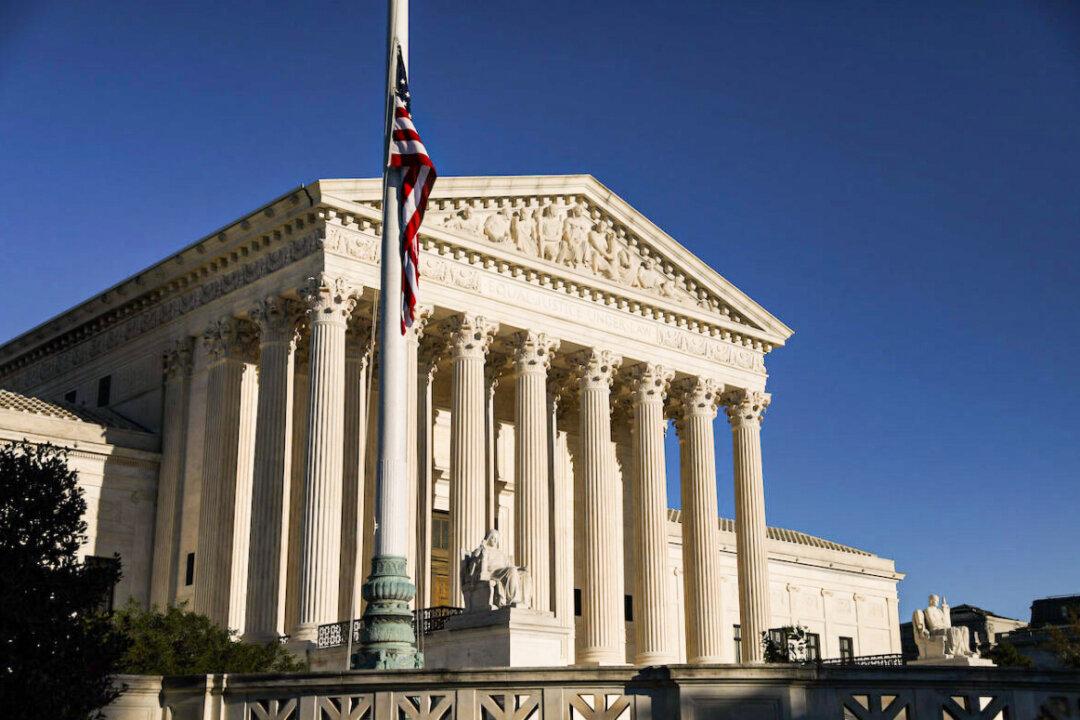States should be allowed to prosecute non-Indians for crimes committed on Native American land, an attorney representing the state of Oklahoma told the Supreme Court on April 27, after a court ruling two years ago threw the state’s judicial system into disarray by changing jurisdictional rules.
The case is Oklahoma v. Castro-Huerta, court file 21-429. The Supreme Court agreed on Jan. 21 to take the case. Scheduled for 70 minutes, the hearing ran for 131 minutes.





